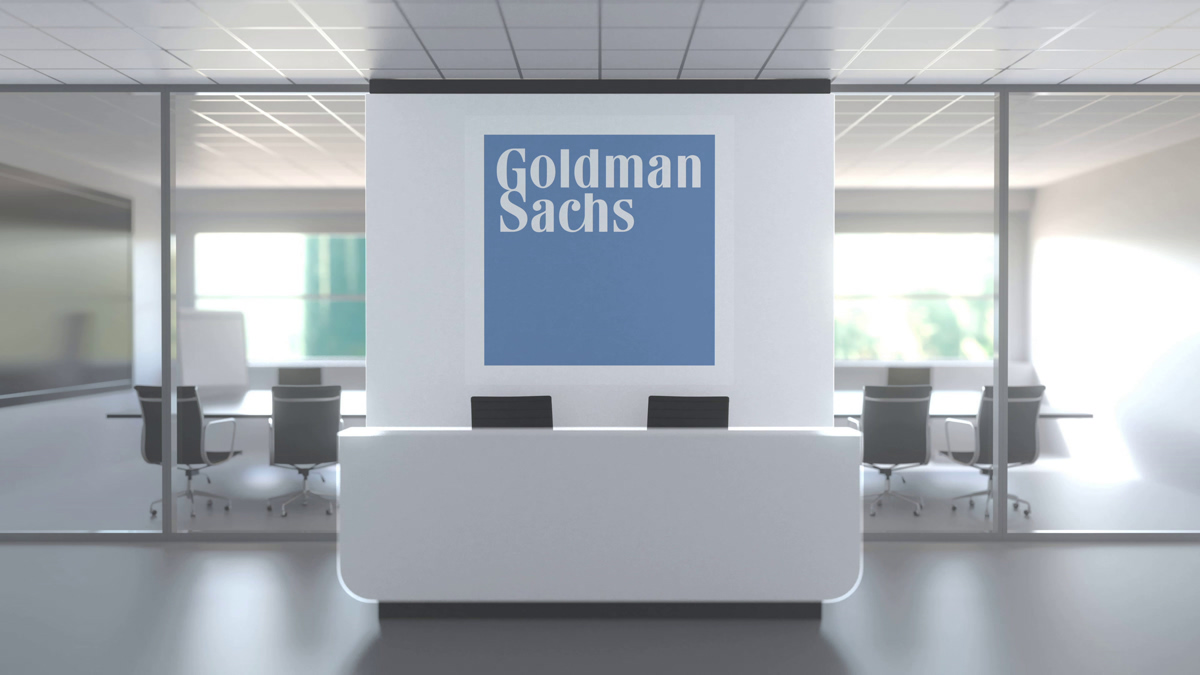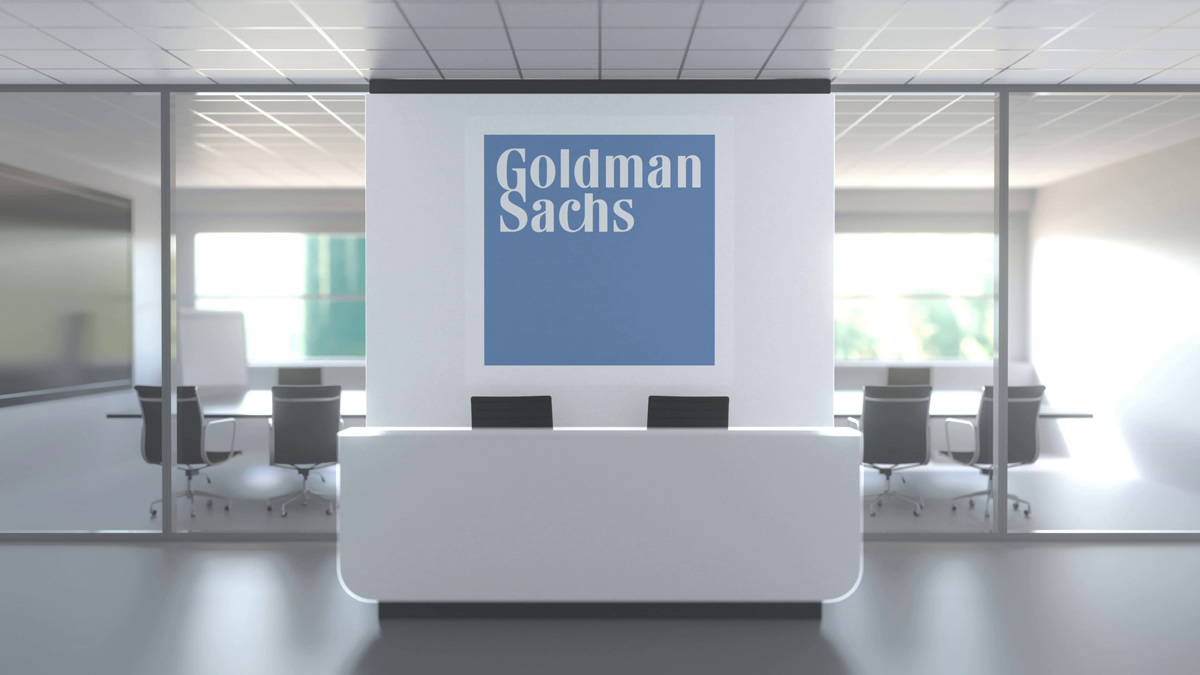
On Monday morning, when President Donald Trump was a COVID-19 patient admitted to Walter Reed National Military Medical Center, he tweeted in all-caps that Democratic wins in the Nov. 3 election would “SHUT OUR ECONOMY AND JOBS DOWN.”
A few hours later, Goldman Sachs, the storied investment bank that has sent several high-profile employees into the Trump administration, had a different take. A Democratic sweep – meaning wins that would hand the Democrats control of the White House and the Senate, adding to the House of Representatives they already hold – would boost the U.S. economy, according to Goldman Sachs Chief Economist Jan Hatzius.
“All else equal, such a blue wave would likely prompt us to upgrade our forecasts,” Hatzius said in a note to clients a few hours after Trump’s doomsday tweet on Monday.

“It would sharply raise the probability of a fiscal stimulus package of at least $2 trillion shortly after the presidential inauguration on January 20, followed by longer-term spending increases on infrastructure, climate, health care and education that would at least match the likely longer-term tax increases on corporations and upper-income earners,” Hatzius said.
Trump killed any hope of a stimulus package ahead of the election on Tuesday when he tweeted that he has ordered the White House to stop negotiating with Democrats on another round of economic aid for the nation as it struggled with the worst pandemic in more than a century.
“I have instructed my representatives to stop negotiating until after the election when, immediately after I win, we will pass a major Stimulus Bill that focuses on hardworking Americans and Small Business,” Trump said.
Trump’s rejection of negotiations came hours after Federal Reserve Chairman Jerome Powell warned of “tragic” effects if the U.S. didn’t get the pandemic under control and find a way to approve additional stimulus for the economy.
“Too little support would lead to a weak recovery, creating unnecessary hardship for households and businesses,” Powell said in a speech to the National Association for Business Economics. “Over time, household insolvencies and business bankruptcies would rise, harming the productive capacity of the economy, and holding back wage growth.”
